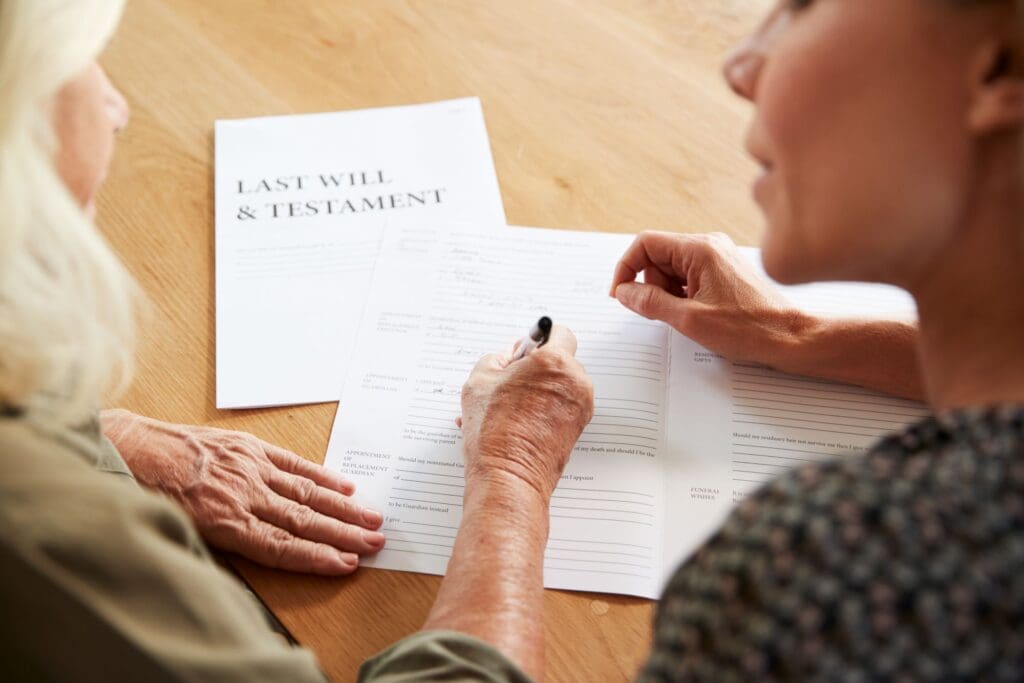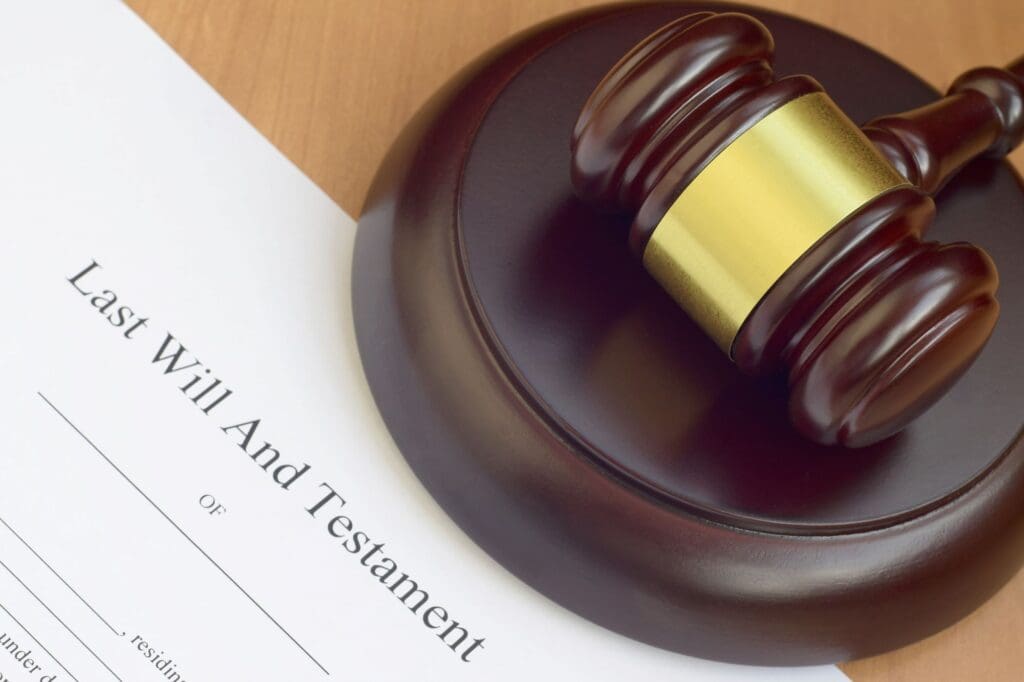
Do You Have an Estate Plan? Here is How to Avoid Probate
More than ever, lawyers and accountants advise clients to use estate plans to put their affairs in order. One of the benefits frequently listed is that a good estate plan can help you avoid probate.
While you might do everything to ensure your hard-earned money goes to your beneficiaries, the probate process could delay everything. Unfortunately, it can also be an expensive and overwhelming process for the loved one’s you leave behind.
As such, finding ways to avoid probate should be at the top of your list when you are doing your estate planning.
About Estate Planning
Estate planning involves preparing how your affairs and assets are managed at death or incapacitation. An attorney versed in estate law or a professional estate planner can help you make an estate plan. Assets like your cars, stocks, houses, paintings, savings, and other investment accounts can make up your estate. Many strategies help with estate planning. Some of them include making charitable donations, trusts, wills, and life insurance.
Read more about Wills vs Trusts: What You Need To Know For Estate Planning

Why Do You Need to Plan Your Estate?
If you die or become incapacitated, a well-prepared estate plan can help your family understand your affairs and prevent confusion. An estate plan can also help your beneficiaries reduce tax liabilities. Most importantly, an estate plan can help you avoid probate.
Understanding Probate
Probate refers to a legal process through which the state distributes your property after you die. The process begins with the validation of your will by the court. If your testament is valid, the court will allow your executor to apportion your estate among your beneficiaries and pay all due debts and taxes.
If you die without a will (intestate), the court will appoint an administrator over your estate. The court will further decide how the apportionment of your estate should proceed. The following reasons will help you see the reasons to avoid the probate process or reduce the assets it would affect.
High Costs
Probates employ many professionals. They include executors, attorneys, and appraisers. All these professionals will get paid out of your estate. The professionals will charge your estate throughout the length of the process. There may also be other administrative fees to pay.
Slow
Probates can last for many years, especially when the deceased died intestate or where the will is complicated or challenged.
No privacy
All activities in a probate court are in the public purview, and there is no form of privacy whatsoever.

How to Avoid Probate
Yes, there are legal ways to avoid probate and save your beneficiaries from its high costs and possible slow process.
Gifts
While you are alive, you can give some of your assets directly to your beneficiaries. At your death, the assets would already belong to them, excluding the assets from the rest of your estate.
Note that in some jurisdictions, there are gift tax caps. When the value of a gift exceeds this gift cap, you would have to file gift tax returns on the difference.
Revocable Living Trusts
Trusts are legal vehicles or entities that can own an asset. To protect your assets from probate, you can transfer your assets to a trust. If you die, the trustee in charge of the trust will make disbursements to your beneficiaries.
Assets transferred through the trust will not be affected by the probate. Since this type of trust is revocable, you may cancel or modify it at any time if you so wish.
Related post: What You Need to Know About Living Wills
Joint Ownership
Joint ownership implies that two or more people own the asset. If two people own a piece of property, the joint owner becomes the new sole owner at the death of one of them. If you list your beneficiaries as joint owners, the asset becomes theirs at death, keeping the property out of the probate process.
To ensure a smooth transfer of assets in joint ownership, ensure that the beneficiary’s name is also on the asset title.
Transfer Upon Death Accounts
These accounts are the best tools to keep liquid assets out of probate. These types of accounts mandate the financial institution to transfer your cash or other liquid assets to your beneficiaries at death.
At death, the institution will transfer the funds held in your bank account to the account of your beneficiary, keeping the cash out of your probate. Savings accounts, checking accounts, term deposits, and life insurance balances are all types of accounts that can be transferred.
Contact your bank or financial institution to ask if they render this service or if the law allows it in the jurisdiction where you live.
Depending on your circumstances and the regulations in your country or state, there may be other estate planning strategies better suited to your situation.
Having an estate plan is an important part of your financial planning. However, it might not be enough if your beneficiaries will have to endure the probate process. If possible, talk to your financial advisor to help you with the planning and see whether you can avoid probate altogether.






